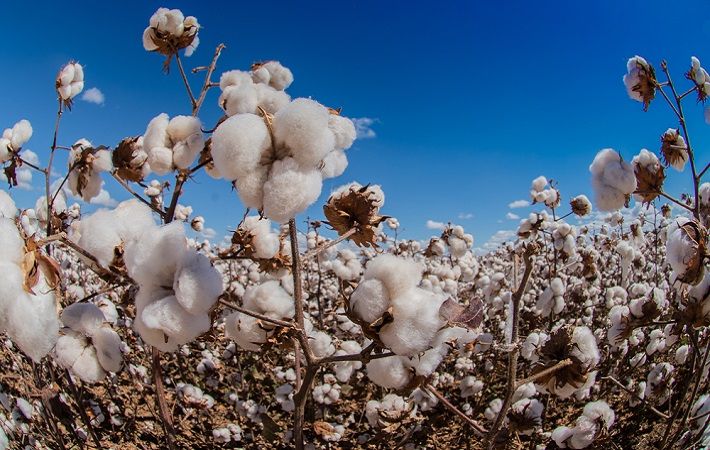
Over 500 cotton producers in the Fairtrade cooperative Chetna in the Indian states of Odisha and Telangana will receive financial support, training in organic cotton cultivation and non-GM seed with the aim of harvesting 250 tons of organic cotton and cotton from fields in conversion per year.
“We selected India because the country is now the world's largest organic cotton exporter - over 50 per cent of sustainable cotton comes from there and there is potential for further expansion," said Nanda Bergstein, director of corporate responsibility at Tchibo.
The pilot will support farmers with extensive training measures which will include efficient organic farming methods, designed to promote capacity building in smallholder organic cotton production in the long term. The provision of GMO-free seed packages will overcome a significant hurdle in the transition process as typically farmers find it very challenging to source non-GM seeds as most of the cotton seeds in India are genetically modified, OCA said in a press release.
The producers will be supported during the three year in-conversion period, which is on average, how long it takes to rid the soil of agrochemicals. A minimum support price, which covers the costs of sustainable production, and an organic premium will be paid to organic farmers whilst farmers in-conversion will be supported by a Fairtrade Premium payment.
The pilot will also focus on women farmers by increasing the certification of women-led farms. More enterprises owned by female farmers means more women having increased independence through direct access and control over financial resources.
“The supply of organic cotton will only grow if we can ensure a business case for farmers, whether they are transitioning to organic farming or already certified. The power of this pilot is that it has the right ingredients and the right partners. The binding and long-term cotton sourcing commitments by brands and retailers will be key to improving the economic resilience of farmers. We are excited to see this project inspire and inform larger-scale action by actors within the Partnership for Sustainable Textiles and beyond,” said Bart Vollaard, executive director at OCA.
The OCA has joined the pilot project as the only multi-stakeholder organisation fully dedicated to organic cotton, which is committed to bringing integrity, supply security and measurable social and environmental impact to organic cotton. OCA will be responsible for measuring and validating the impact of the project.
Fibre2Fashion News Desk (KD)